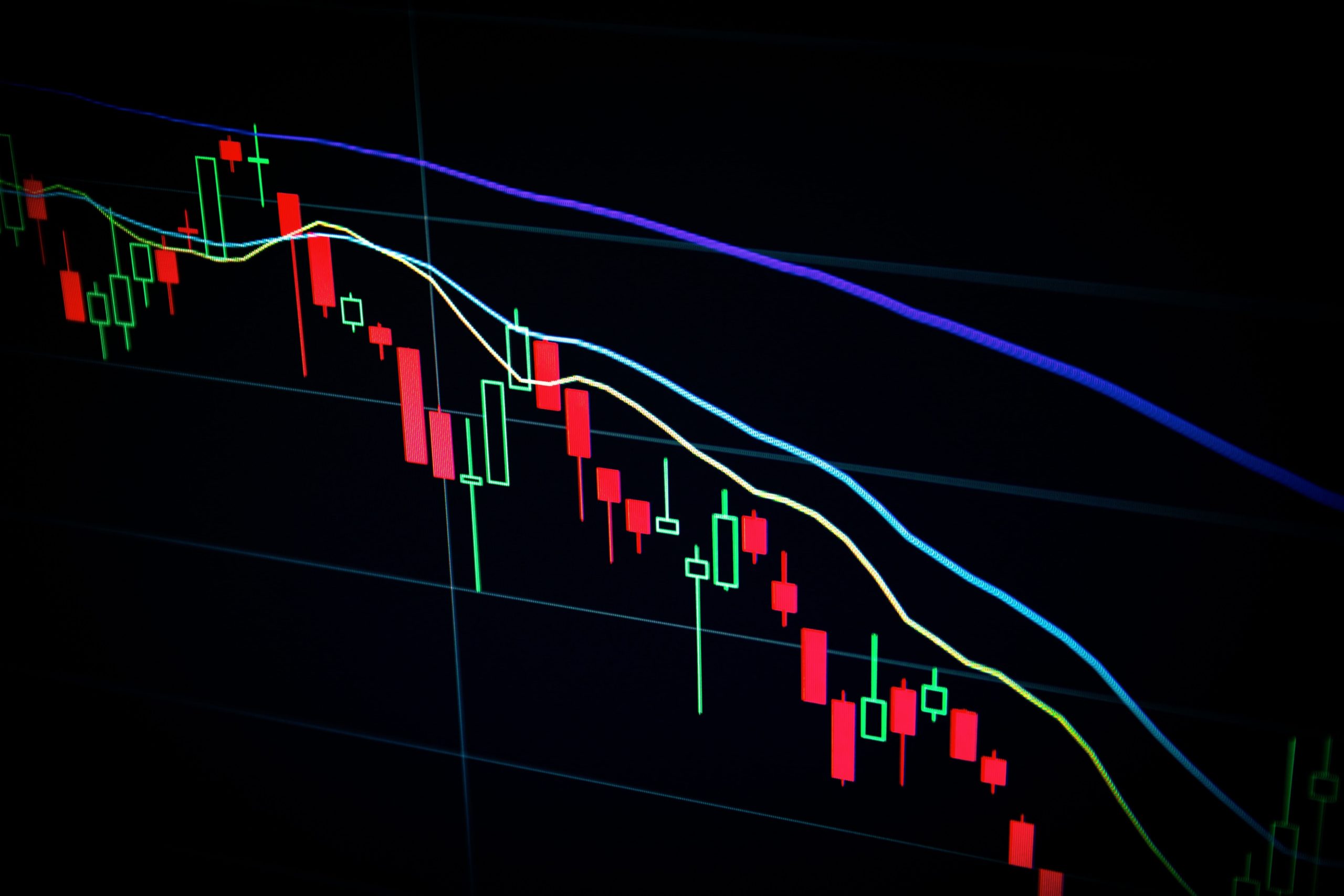[ad_1]

The Indonesian government has decided to tax capital gains income from crypto investments at 0.1% starting in May. In addition, value-added tax (VAT) of the same rate will be levied on crypto purchases.
Indonesia to Start Taxing Crypto Income at 0.1%
The Indonesian Directorate General of Taxes, the Ministry of Finance, has set income tax (PPh) on capital gains from crypto investments and value-added tax (VAT) on crypto purchases at 0.1%.
Hestu Yoga Saksama, director of tax regulations for the Ministry of Finance, told CNN Indonesia Friday:
That’s right, 0.1% PPh and 0.1% VAT (for crypto), all of which are final.
He added that both the income tax and VAT on crypto purchases will be imposed starting May 1.
According to the director, the Indonesian government has levied income tax and VAT on crypto purchases because the central bank, Bank Indonesia, and the Ministry of Trade consider crypto a commodity, not a means of payment. He clarified:
Crypto assets will be subject to VAT because they are a commodity as defined by the trade ministry. They are not a currency … So we will impose income tax and VAT.
The VAT rate on crypto assets is well below the 11% levied on most goods and services in Indonesia, Reuters reported, adding that the 0.1% income tax on capital gains matches that on shares listed on the Indonesian stock exchange.
Meanwhile, India has begun taxing crypto income at 30% without allowing loss offsets or deductions. In addition, a 1% tax deducted at source (TDS) will be levied from July 1.
What do you think about how Indonesia is taxing crypto income and transactions? Let us know in the comments section below.
Image Credits: Shutterstock, Pixabay, Wiki Commons
Disclaimer: This article is for informational purposes only. It is not a direct offer or solicitation of an offer to buy or sell, or a recommendation or endorsement of any products, services, or companies. Bitcoin.com does not provide investment, tax, legal, or accounting advice. Neither the company nor the author is responsible, directly or indirectly, for any damage or loss caused or alleged to be caused by or in connection with the use of or reliance on any content, goods or services mentioned in this article.












Post Comment